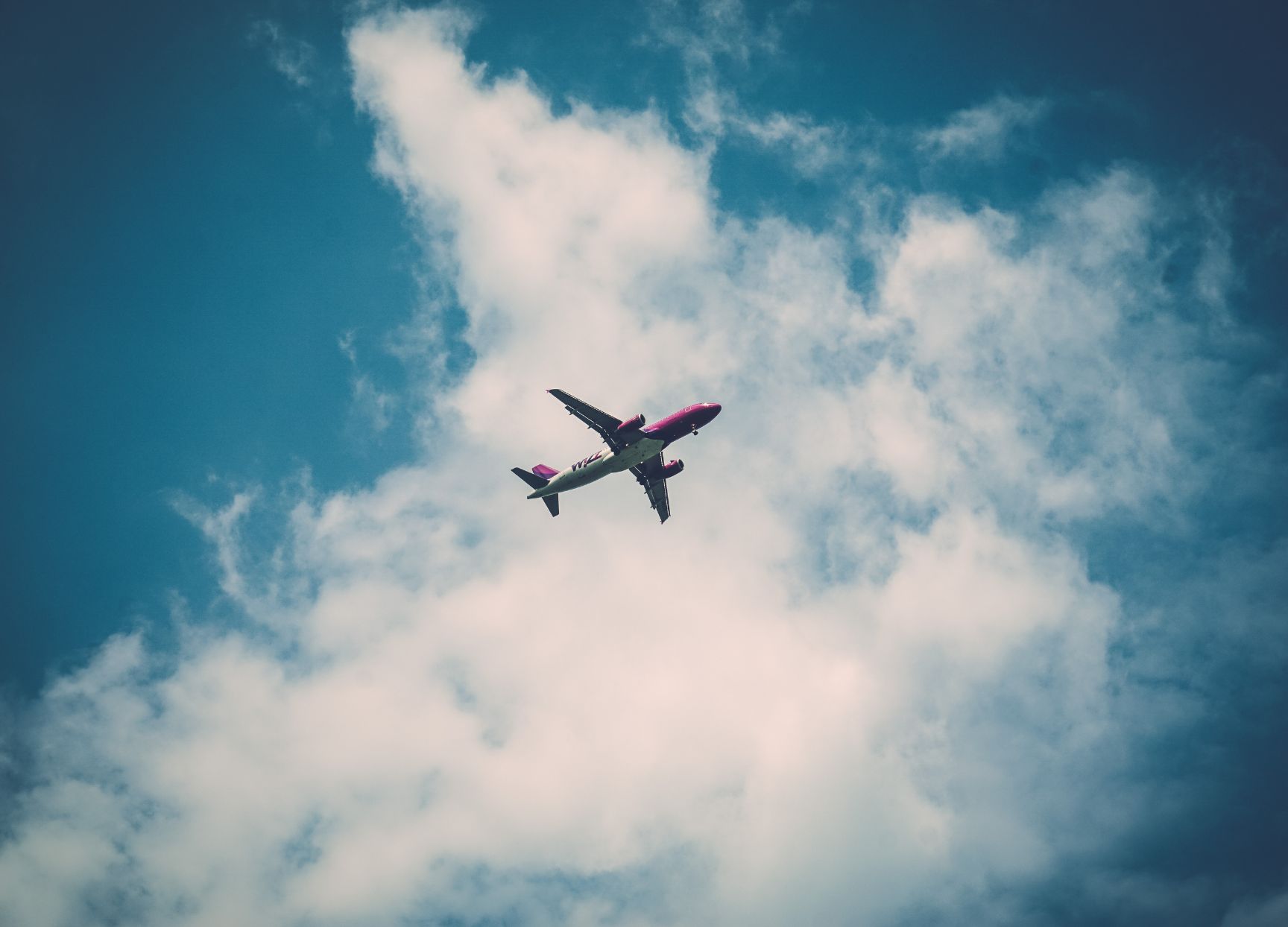Flying with high blood pressure should not be a significant problem. For most people being treated for blood pressure issues, any form of travel (especially by plane) is an activity that requires a little foresight and preventative planning.
When flying, someone is looking to ensure their blood pressure remains stable and well controlled, and the risk of hypoxaemia – a lack of oxygen in the blood – is low. The main method to accomplish this is to ensure that any prescribed medications to control high blood pressure are brought in sufficient supply during periods of travel. Here are some other factors to know and consider when flying with high blood pressure.
